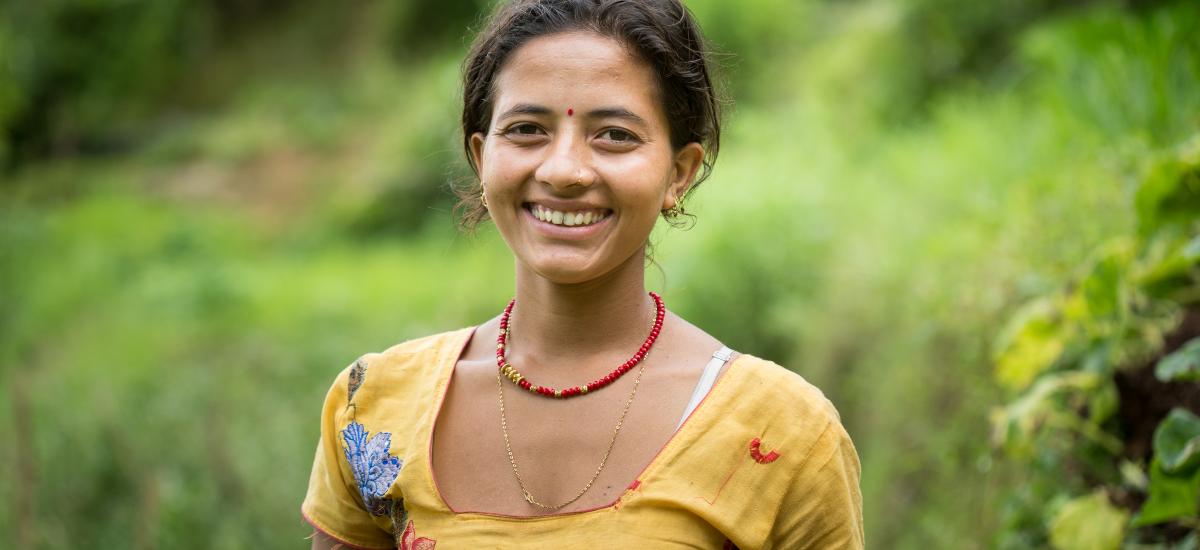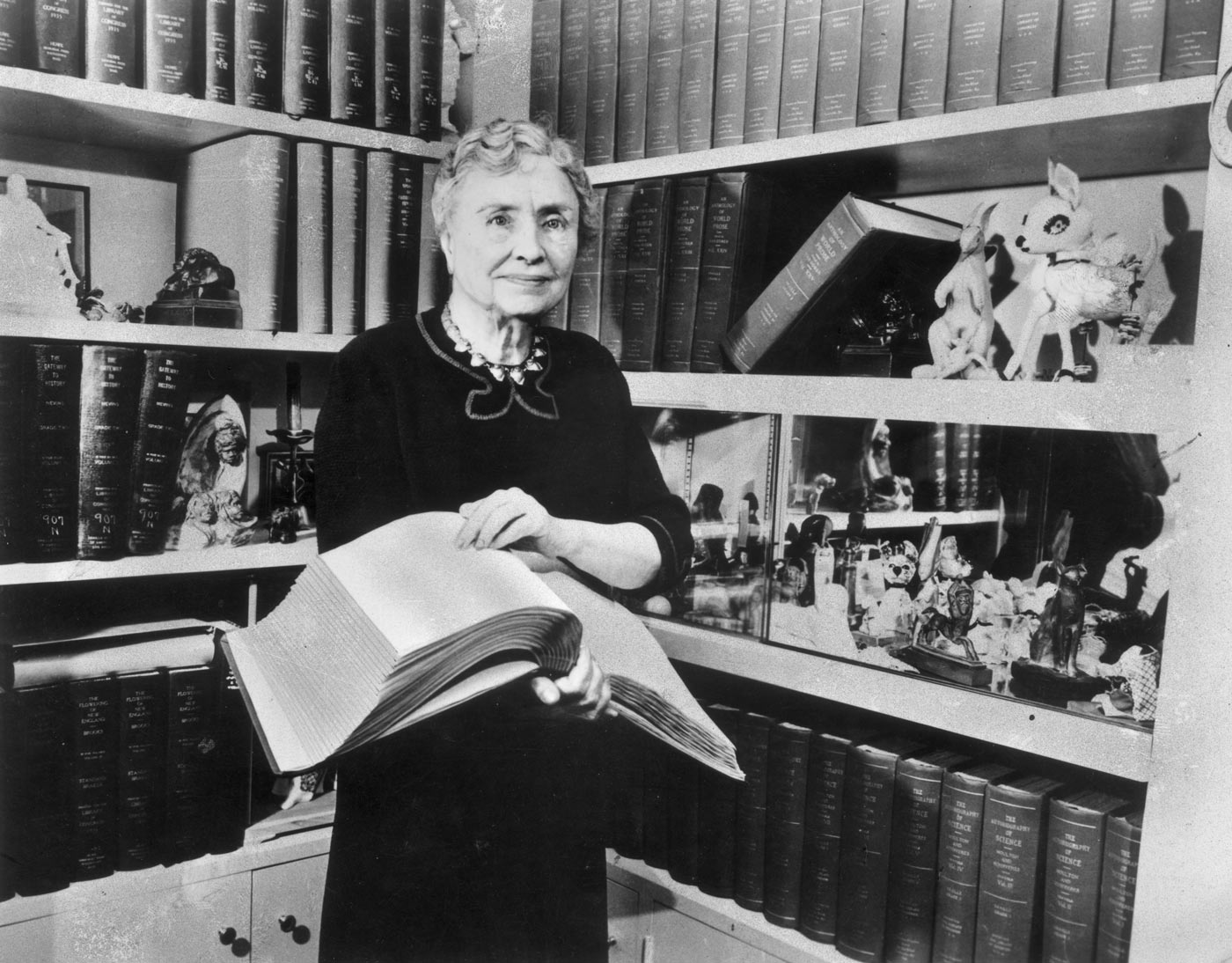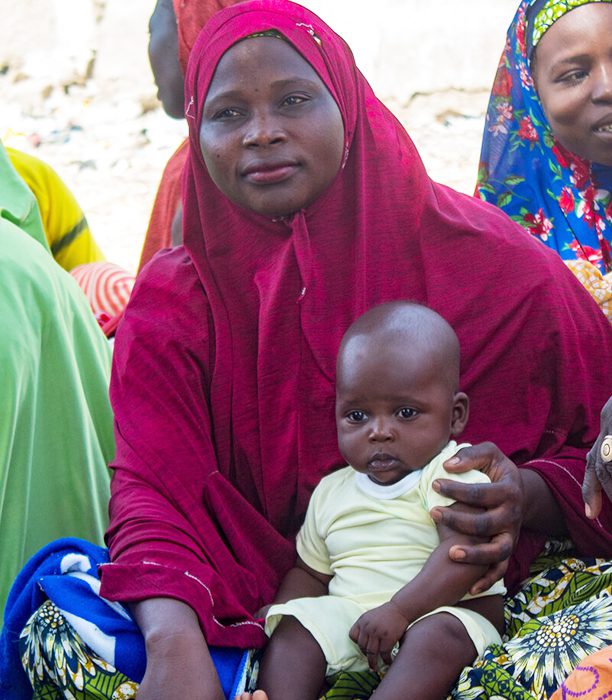
International Women’s Day 2020: Sisterhood Transforms Lives in Nepal
In celebration of International Women’s Day 2020, we are proud to share a report highlighting progress in our efforts not only to prevent malnutrition among vulnerable children, but also to improve the status of women.
The Suaahara II project in Nepal, led by Helen Keller Intl and supported by USAID, aims to reduce hidden hunger and undernutrition among mothers and young children in 40 districts across the country. It is largely woman-focused and woman-led—and designed to leverage the power of mothers and women’s groups to transform the health and well-being of their families and communities.
The Suaahara II project also empowers women by increasing their access to income and training them to be frontline champions of community health. The theme of International Women’s Day 2020 is, “I am Generation Equality: Realizing Women’s Rights.” The women who form the backbone of the Suaahara II project put this theme into action.
The sense of sisterhood is strong here and so these women’s groups, the female community health volunteers, can actually do a lot to contribute to nutrition, health, and other issues.
Pooja Pandey Rana, Helen Keller Intl deputy chief of party, Nepal, Suaahara II program
Editor’s note: The excerpted text below is from an article published by Devex—and authored for Devex by reporter Teresa Welsh. Devex retains full editorial control and responsibility for this content. Read the full Devex article here.
Women at center of post-earthquake efforts in Nepal
After the 2015 earthquake in Nepal destroyed an estimated 800,000 homes and damaged another 300,000, families that were already experiencing poverty set about rebuilding their lives. The humanitarian response to the earthquake was hampered by the remote location of many victims, which also further complicated the country’s efforts at improving nutrition.
In Nepal, 36% of children under age 5 are stunted, nearly 22% of babies have a low birth weight, and over 35% of women ages 15 to 49 are anemic. But in the wake of the earthquake, providing safe shelter took priority over nutrition, said Usha Jha, a member of Nepal’s National Planning Commission.
“They were houseless. Their immediate goal was to get a space where they could sit and sleep with their children comfortably. The main goal was … to get food, and it was not the kitchen garden,” Jha said of the country’s population. “People were mentally damaged. It was really difficult to rebuild.”
Read the full Devex article here.




